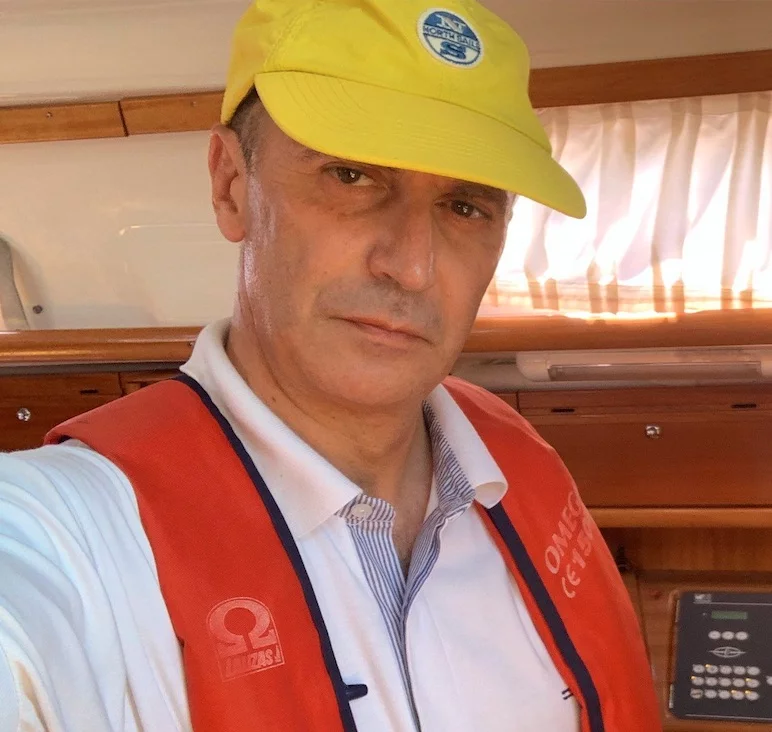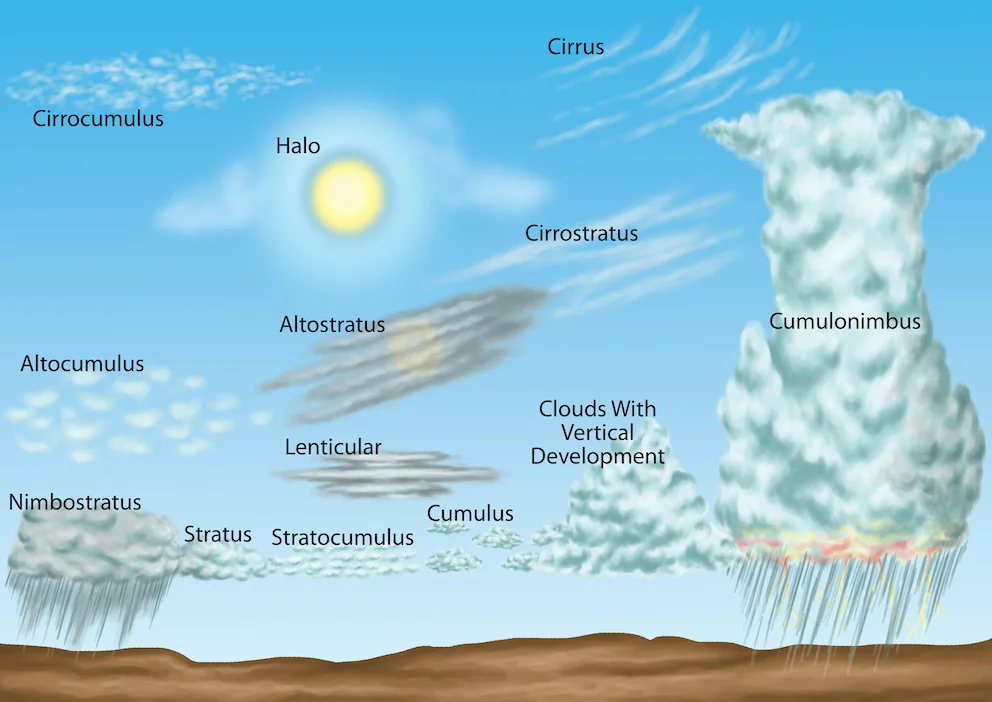Basic Meteorology - Marine weather for sailors
Why should I learn the basics?
Understanding the weather is as important as boat preparation or knowing how to tack or dock. Knowing what the weather is going to be like can make the difference between having a safe and pleasant voyage or a completely bad experience.
This webinar helps sailors understand how to gather and interpret weather information. It also teaches how to combine gathered information with your own observations in order to create a refined forecast and then how to apply it to your sailing, cruising or racing.
Meteorologists in our days monitor large-scale weather systems and use advanced computers to predict with fair accuracy what lies ahead. But before heading out on an open water you should obtain local forecast and generate your own update on board.
General weather forecasts don't always show the actual local weather conditions simply because they don't take into account local effects. Often times discrepancy in wind speed on land rarely matters, for example 10 vs 20 knots, but on the water it certainly does. Also, topographically enhanced sea breeze or locally generated thunderstorm can't be accurately covered by regional forecast. Even forecasts for offshore waters are not always 100% accurate due to the lack of monitoring stations.
The best thing to do is to make your own observations in combination with official forecasts.
Objectives
The goal of Basic Meteorology for sailors webinar is to help you better understand the kind of weather you can expect while sailing, whether you are checking weather via app or determining the effects of a sea breeze and making your own observations.
The course includes a broad overview of weather and weather systems, and gradually narrows its focus to the local conditions, wind and weather conditions you can expect aboard your boat.
You will learn
How to better understand the kind of weather you can expect while sailing, whether you are reading a weather chart or making your own observations.
General concepts of Meteorology
-
atmospheric circulation
-
isobars, wind and Coriolis acceleration
-
baking and veering
-
Buys-Ballot rule
- Weather proverbs. For centuries sailors have come up with a lot of proverbs related to the weather, in which they interpret their observations. We will look at them to find why they have proven their reliability
- Fronts and storms formations
- Determination of cyclones and anticyclones. Why is it important? Rule of Base Ballo
- Clouds formations. Making your own forecasts based on visual observations of the changing clouds
Depressions and clouds
- Understanding cyclones and origin of depressions
- How to read weather charts
- How to read clouds
Passage of fronts and barometer interpretation
- Cold and warm fronts
- Depressions in practice
- What barometer may tell us?
Local weather conditions
- How land affects the wind
- What is sea breeze
- Land breeze
Adjasting navigation plans
- How to refine you forecast
- How to adjust your sailing plan according to the weather conditions

Luca Zapparoli
Professional sailing instructor
More than 27 years of sailing experience. 25,000 nautical miles navigated in the Mediterranean Sea, Atlantic Ocean and Caribbean Sea. Has great experience in long-range crossings and ocean passages in variable weather conditions. Sailing and meteorology instructor in Spanish sailing federation (“Federacion de Vela de la Comunidad Valenciana” (FVCV)). Author of the book “La Vela: Teoria y Tecnica” (Sail: Theory and Practice). Now used as manual in FVCV.
Hobbies: licensed diver, licensed aircraft pilot
Education: engineer, MBA graduate of Boston EE. UU
Italian, fluent in: Italian, English, Spanish
Start
Duration
Finish
Availability
Price / Person
Start





